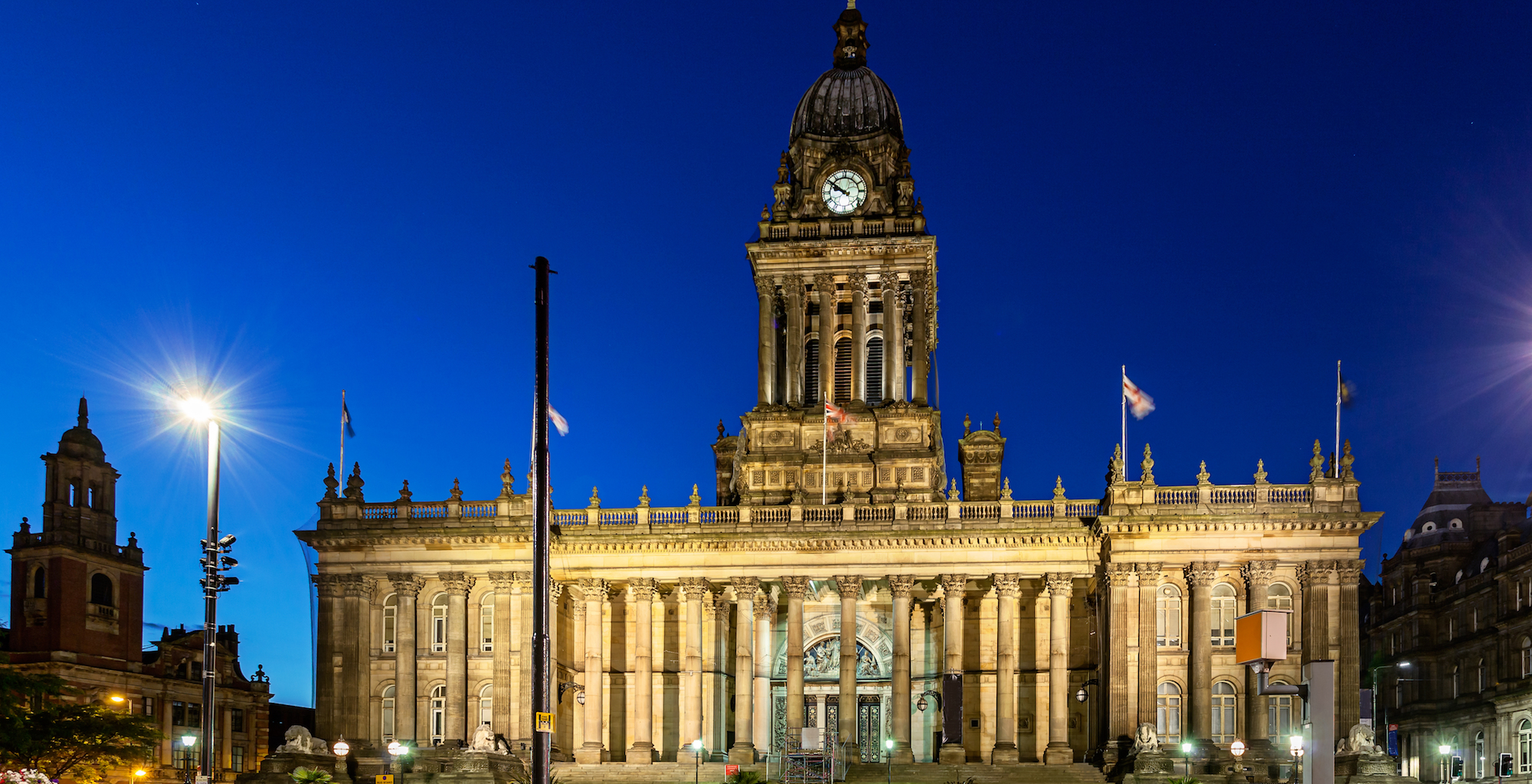After 4 years of hard work, a million pounds worth of investment, and the submission of ideas by hundreds of residents, Leeds has been dealt a devastating blow. It’s aspirations of becoming European Capital of Culture in 2023, along with those of Belfast, Dundee, Milton Keynes and Nottingham, lie in tatters as the European Commission has decided to cancel the UK’s turn to host the title in the wake of Brexit.
This decision has sparked outrage amongst MPs, organisers and residents alike, with many criticising the European Commission’s decision to wait until after the cities involved had submitted their final bids to announce this decision. It was pointed out that Istanbul, Reykjavik and Stavanger have all hosted the title in the past despite being outside of the EU. The European Commission, however, have been quick to defend the ‘common sense’ behind their decision, pointing out that “According to the rules adopted by the European Parliament and the Council (Decision 445/2014), this action is not open to third countries except candidate countries and European Free Trade Association/European Economic Area countries”.
Unfortunately for the cities involved, these rulings are technically correct – we do not fit this criteria any longer, and our relationships with the rest of Europe will inevitably have to change post-Brexit. Speaking on the European Commission’s decision, a spokesperson for the Department of Culture, Media and Sport stressed that “The Prime Minister has been clear that while we are leaving the EU, we are not leaving Europe”, stating that “we want to continue working with our friends in Europe to promote the long-term economic development of our continent, which may include participating in cultural programmes.”
Whilst this is a nice sentiment – why wouldn’t we want to continue to reap the economic benefits of our ties to Europe? It is just that: a sentiment. A painless break away from Europe is nothing short of a pipe dream, and the loss of the Capital of Culture is just the first of many inevitable casualties. When we voted to leave the EU, we symbolically voted to establish a national cultural identity separate from Europe, and it would be naïve to believe that we can continue to be a part of Europe’s cultural programmes after such an overt rejection of our European identity. Leeds itself barely held onto its European identity in 2016, with 50.3% of the population voting to remain, making it one of the most closely divided cities in the UK. If we as a country voted to not to be a part of European culture, why should we have the privilege of hosting a title celebrating it?
For the UK, it is an awareness of the potential this prestigious title has to rejuvenate a city that makes this news so bitterly disappointing. After hosting the title in 2008, Liverpool was able to shake off the dated images of social deprivation which which it was so firmly associated, establishing itself as vibrant cultural hub, as well as reporting a £750m economic impact during their year as host, and securing the highest total income of any European Capital of Culture to date.
Operating under the theme of ‘Weaving together’, the organisers behind the Leeds bid aspired to create a cultural celebration across all 33 of its wards. The bid aimed to increase engagement with the arts in the five most disadvantaged areas and ensure that 70% of residents were involved in at least one event. The bid alone has increased investment in the cultural sector and attracted international attention to the city, with plans for many development projects already underway. It seems, therefore, that it is the ordinary residents of Leeds – and especially the most disadvantaged amongst them – who will suffer the fallout of this decision the most. It is they who have been robbed of a fantastic opportunity, leaving a sense that the bidding cities and their residents have become collateral damage in the Brexit negotiation process.
Those of us who mourn the loss of our European identity must now prepare for further blows. We voted for a separate British Cultural Identity, and now, heartbreakingly, we’ve got it.
Connie Lawfull
(Image courtesy of Leeds List)

